A fast-debilitating relationship
If politicians on both sides don’t stem the tide, the relationship is about to get a lot worse — and lethal.
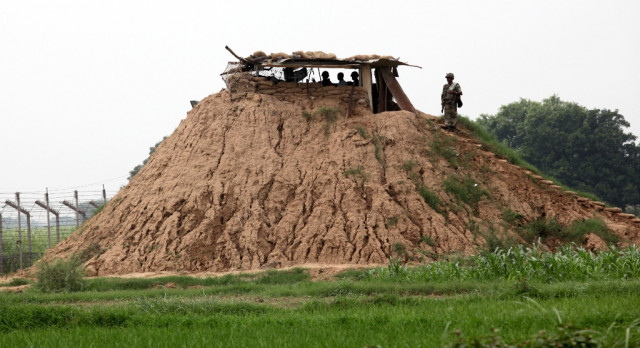

Why the break in relations? After all, Nawaz Sharif made better relations with India a campaign promise. Despite fears that a BJP government — especially a BJP government led by Narendra Modi — would be bad for relations with Pakistan, his decision to invite Nawaz to his inauguration was very welcome. That was the high point, however, as things went downhill swiftly afterwards. Hope, it seems, was not followed up by policy.
Both countries are to blame for fresh round of fierceness. Ceasefire violations have now become a daily occurrence. Times are such that it hardly matters who shot first; enough casualties on both sides indicate that even if one side started it, the other most emphatically ended it. Yes, India has legitimate grievances with Pakistan. Despite picking a more benign title — ‘Non-Discriminatory Market Access’ — instead of Most Favoured Nation, Pakistan has yet to grant India the status in either form, failing to stimulate better trade between the countries despite repeated assurances. Prime Minister Modi’s actions have not helped either. That Modi went to Kargil (of all places) and accused Pakistan of waging a ‘proxy war of terrorism’ is not a move conducive to friendliness. Nor is brusquely calling off high-level talks just days before they are scheduled to begin. India must understand that the fact that Pakistan’s foreign secretary met with Hurriyet leaders is neither unusual nor a betrayal of Pakistan’s commitment towards normalisation. Pakistan has always maintained that Kashmiris themselves are stakeholders in their future — which is hardly a stance worth boycotting. If India has objections, it should voice them in the talks themselves — sensibly, level-headedly. Instead, the scuttling has cut off the opportunity for both countries to voice their concerns in person.
The lack of dialogue has made intractable, complicated issues like Kashmir or water distribution seem impossible to solve. It’s a tragedy that negotiations, a policy Pakistan has preferred so insistently with militants and between warring political parties is a stance that hardly gets much traction when it comes to relations with India. The cross-border firing is an indication that both countries seem to prefer the more expedient option of ‘shoot first, talk later’. Such a policy is hardly to going change the reality that Pakistan might receive less than a tenth of the water that currently flows in to the country from the Kishanganga River. The gravity of the issue cannot be overstated, and it requires Pakistan and India’s best efforts at dialogue to avert an impending political — and water — crisis. That has not been the case. Pakistan’s own domestic turmoil has sidetracked political discourse and compelled everyone to look elsewhere rather than at the debilitating relations next door.
India’s own domestic politics have also prompted a more hawkish stance. Modi once goaded former prime minister Manmohan Singh for his ‘soft’ stance on terrorism, and is determined to adopt a more ‘muscular’ foreign policy, which includes a more confrontational stance with Pakistan. A suffering India-Pakistan relationship is as old as the countries themselves, but if the politicians on both sides don’t stem the tide, the relationship is about to get a lot worse — and lethal. And that isn’t good for anybody.
Published in The Express Tribune, August 29th, 2014.
Like Opinion & Editorial on Facebook, follow @ETOpEd on Twitter to receive all updates on all our daily pieces.


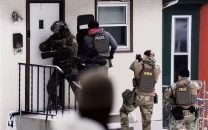

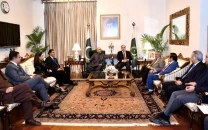
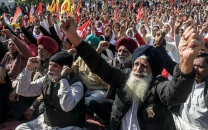
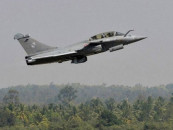












COMMENTS
Comments are moderated and generally will be posted if they are on-topic and not abusive.
For more information, please see our Comments FAQ